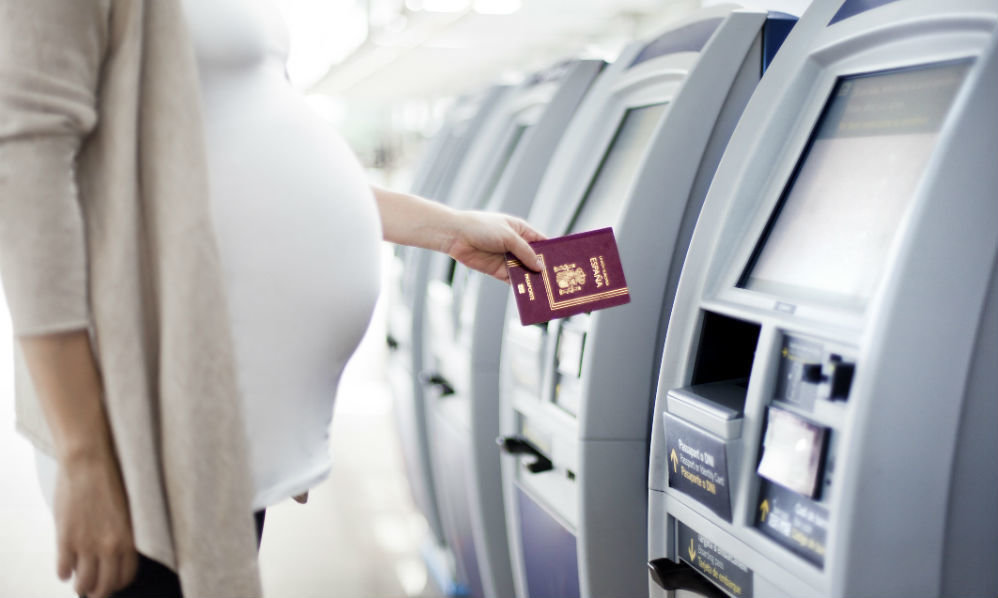
The Trump administration issued new guidelines that could make it more difficult for some women to get a visa to visit the United States while pregnant. The State Department announced that the rules will become effective on Friday, January 24, 2020, and a move that White House officials said is a set in place to control "birth tourism."
More from MamásLatinas: 20 Latinx celebs who are proud US citizens by birth
The new guidelines are reportedly set to prevent more cases of "birth tourism," which is known as the practice of traveling to the US late in a pregnancy to give birth in order to ensure that the child is a US citizen. The rules will affect foreign travelers applying for visas for business, pleasure, tourism, and medical visits.
The Trump administration is looking to reduce "birth tourism."
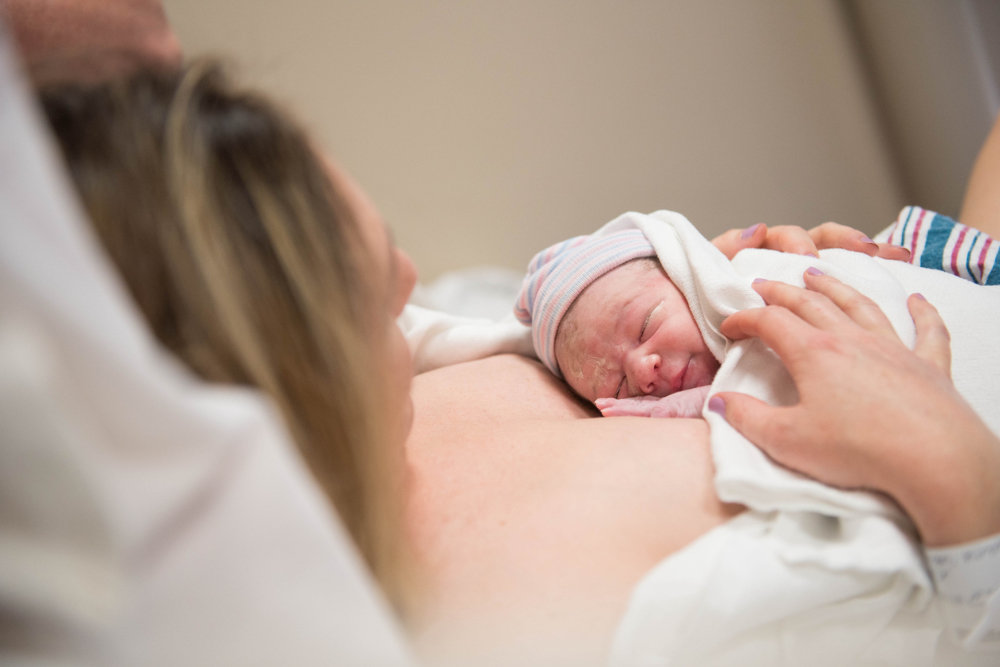
The 14th Amendment to the US Constitution gives citizenship to "all persons born or naturalized in the United States." Women from different countries plan to give birth to their kids in the US, hoping for the benefits US citizenship brings. President Donald Trump has been opposed to birthright citizenship and is actively seeking to reduce immigration.
The new rules are seeking to reduce tourists giving birth in the US.
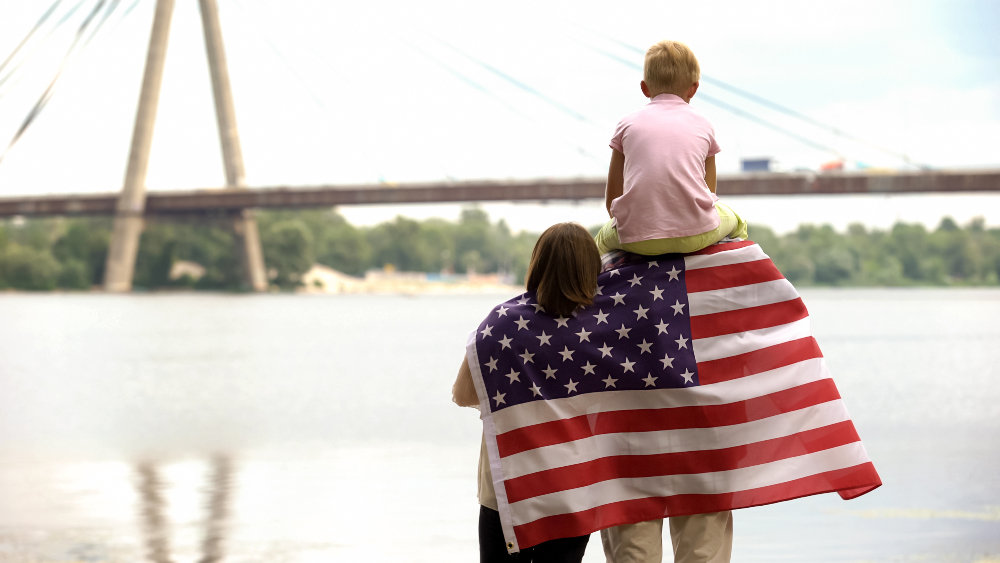
It has been proven that many people who have previously had their babies in North America leave the country after they give birth. President Trump does not agree with this policy that allows parents who aren't citizens to have a child who is a citizen just because they were born in a US territory.
There is an estimate that thousands of pregnant women practice "birth tourism" each year.
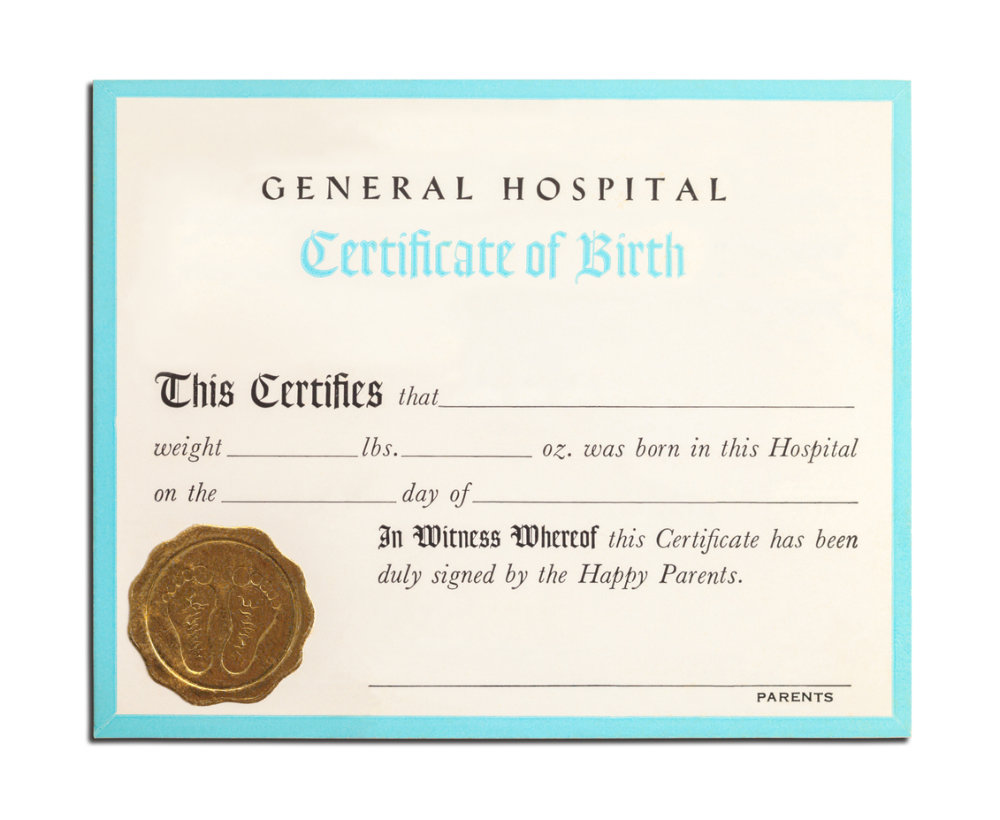
The Center for Immigration Studies estimated there were 33,000 births to women who were in the country temporarily on tourist visas between 2016 and 2017. "Closing this glaring immigration loophole will combat these endemic abuses and ultimately protect the United States from the national security risks created by this practice," Stephanie Grisham, White House press secretary, said in a statement. "It will also defend American taxpayers from having their hard-earned dollars siphoned away to finance the direct and downstream costs associated with birth tourism."
She added: "The integrity of American citizenship must be protected."
The new regulations may cause some complications.
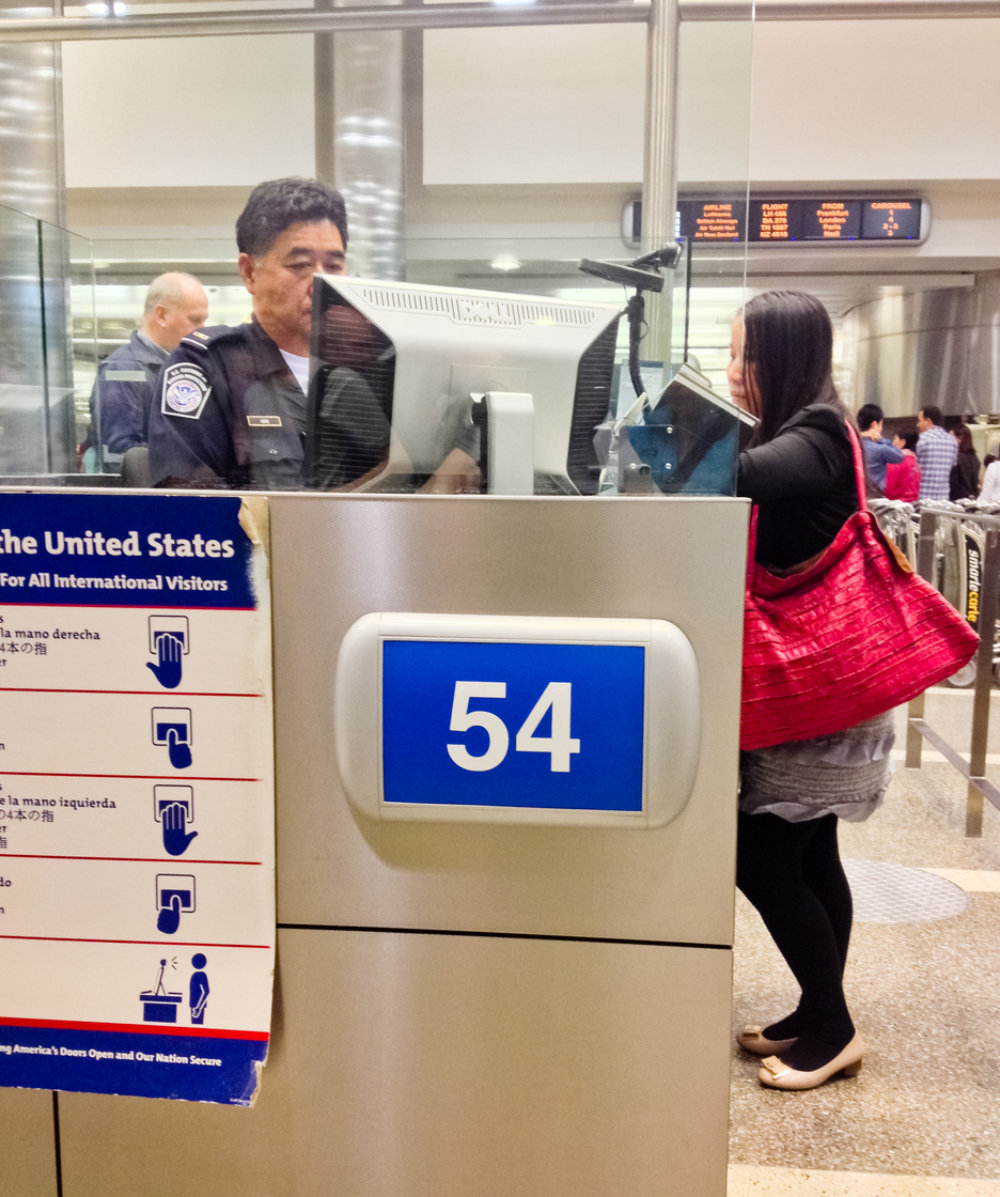
As of now, it is legal for a foreigner to travel to the US to give birth. Currently, it is up to consular officers to determine if a person seeking to get a visa is pregnant. It is unclear whether or not a woman who already has a visa would be denied entry if she appears to be pregnant.
It's also being said that this process is being set in place as a matter of "national security."
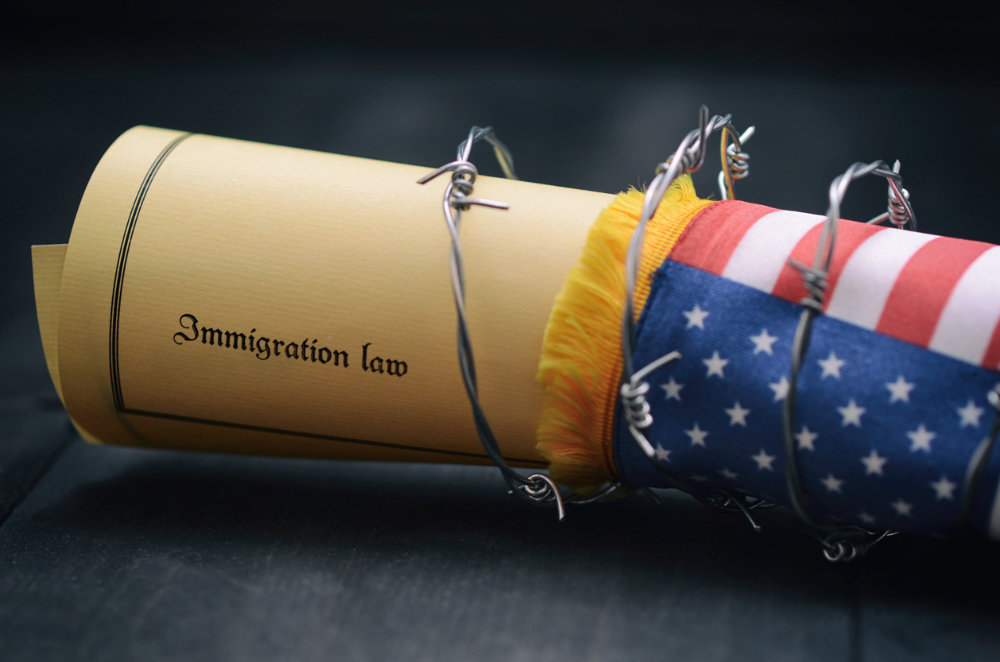
"The final rule addresses concerns about the attendant risks of this activity to national security and law enforcement, including criminal activity associated with the birth tourism industry, as reflected in federal prosecutions of individuals and entities involved in that industry," a statement from the State Department read.
Consulate officials will be in charge of determining whether to grant a pregnant woman a visa.
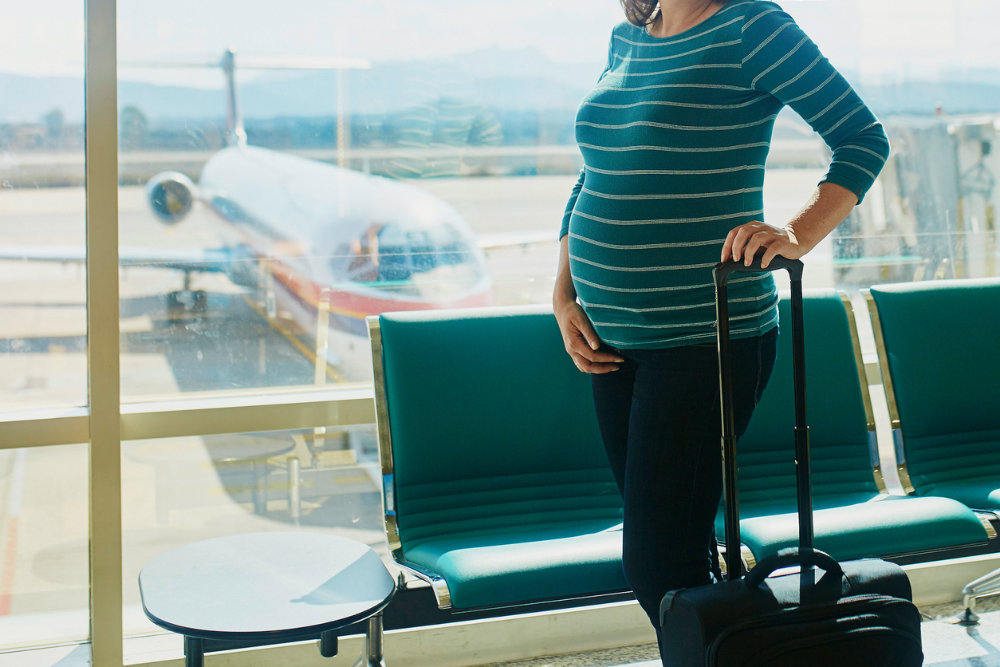
An anonymous State Department official spoke to BuzzFeed News about the guidelines before they were issued and said the rules won't stop pregnant women from obtaining visas but it will leave the decision up to consular officials. They will have to determine whether a woman is traveling with the intention to give birth in the US. It is unclear how they will decide or if any verification process will be set in place.
This applies to B1 and B2 nonimmigrant visas.
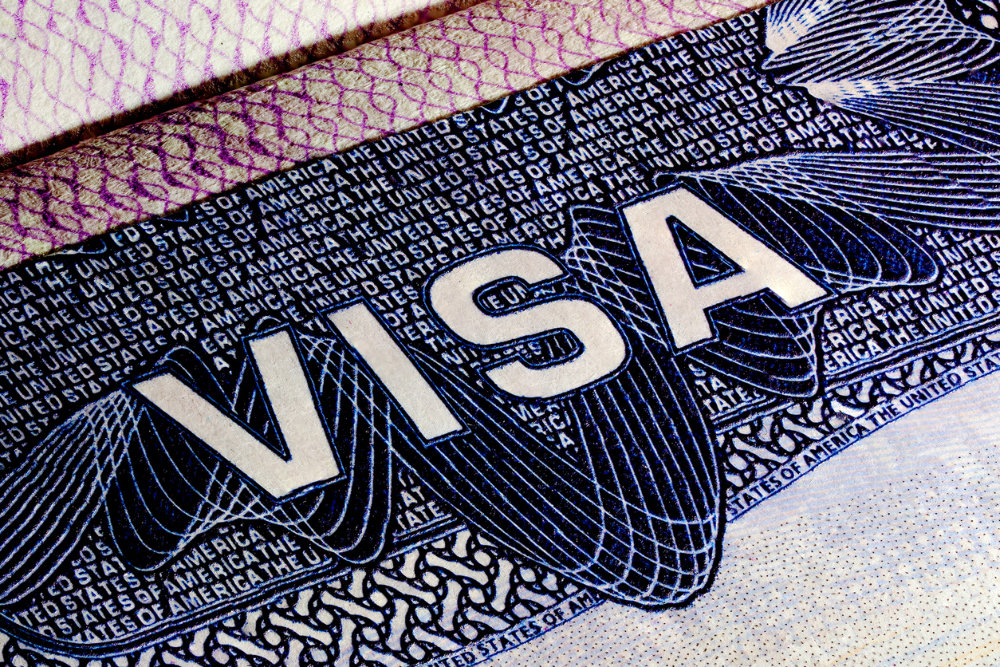
Travelers seeking B1 and B2 nonimmigrant visas will be the ones affected by this new rule. The B1 and B2 visas are known as temporary visas for business, tourism, or medical treatment. The Washington Post reported that there were 5.7 million B1 and B2 visas issued by the US government in 2018.
Foreigners seeking medical treatment must prove that they can cover medical costs.

"The final rule also codifies a requirement that B nonimmigrant visa applicants who seek medical treatment in the United States must demonstrate, to the satisfaction of the consular officer, their arrangements for such treatment and establish their ability to pay all costs associated with such treatment," the statement said. "The rule establishes a rebuttable presumption that a B nonimmigrant visa applicant who a consular officer has reason to believe will give birth during her stay in the United States is traveling for the primary purpose of obtaining U.S. citizenship for the child."




